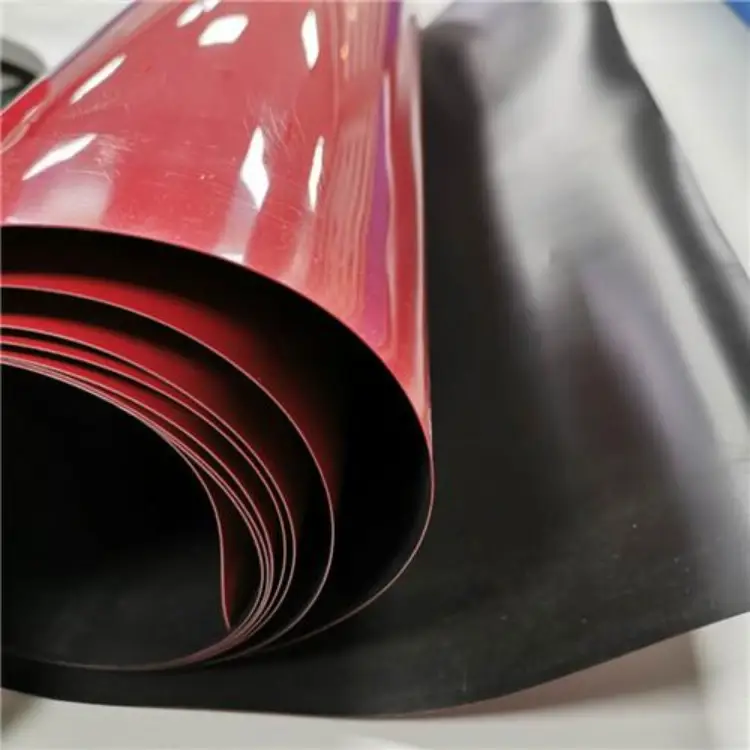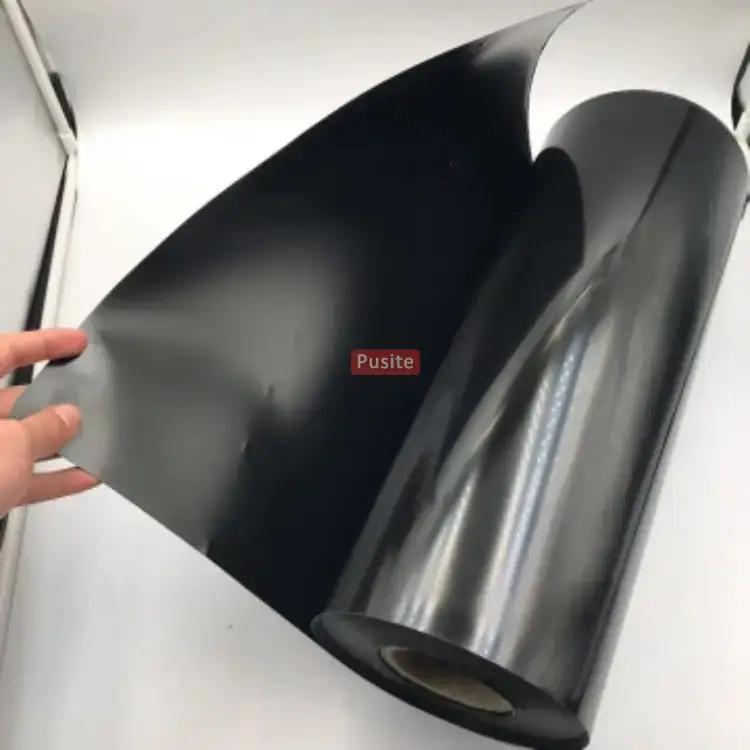HIPS plastic sheet rolls are ideal food packaging materials
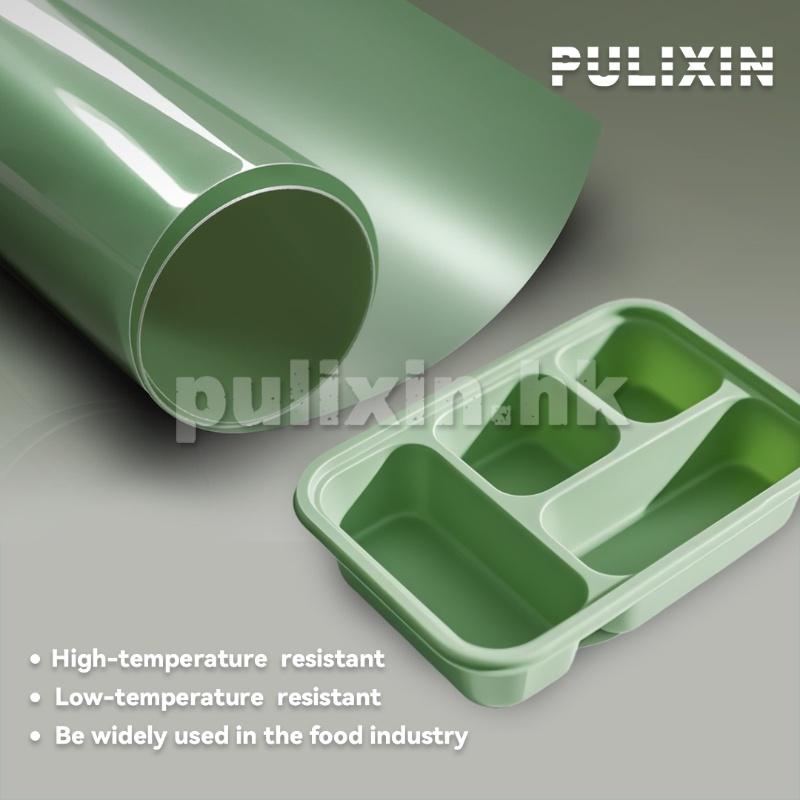
Why HIPS Plastic Sheet Rolls Are the Ideal Choice for Food Packaging?
In the fast-evolving food packaging industry, High Impact Polystyrene (HIPS) plastic sheet rolls are emerging as a top-tier solution for manufacturers and suppliers. Known for their durability, cost-effectiveness, and food safe properties, HIPS sheets are revolutionizing how businesses preserve and present food products.
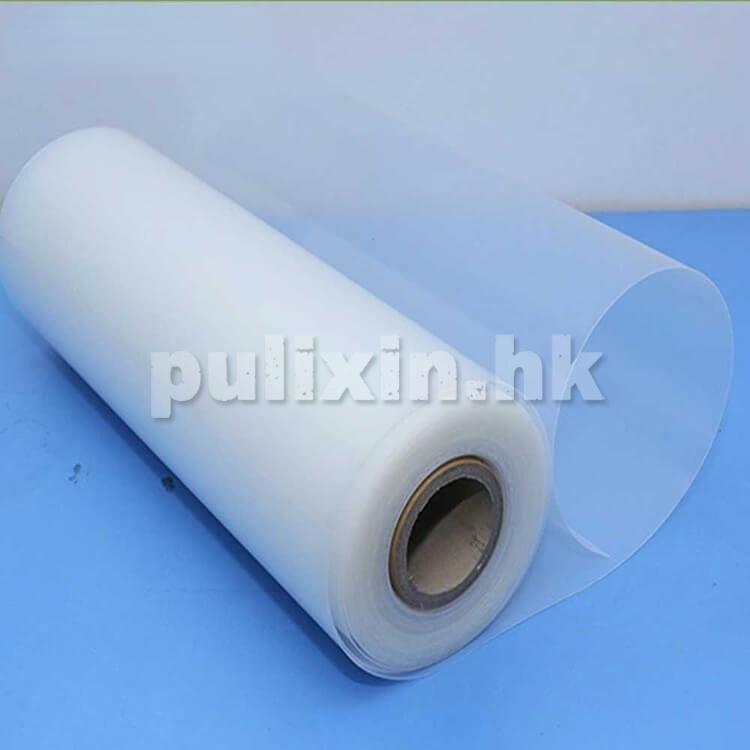
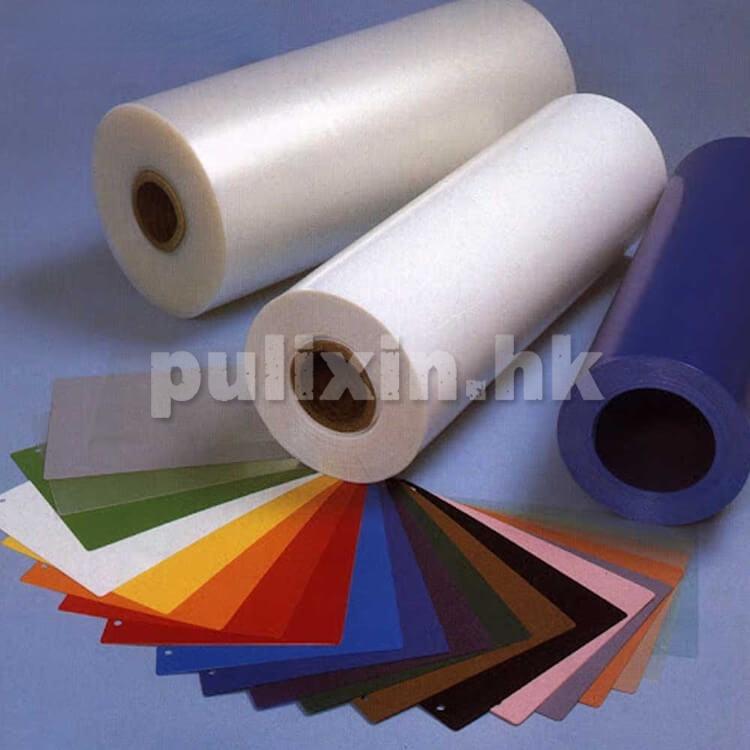
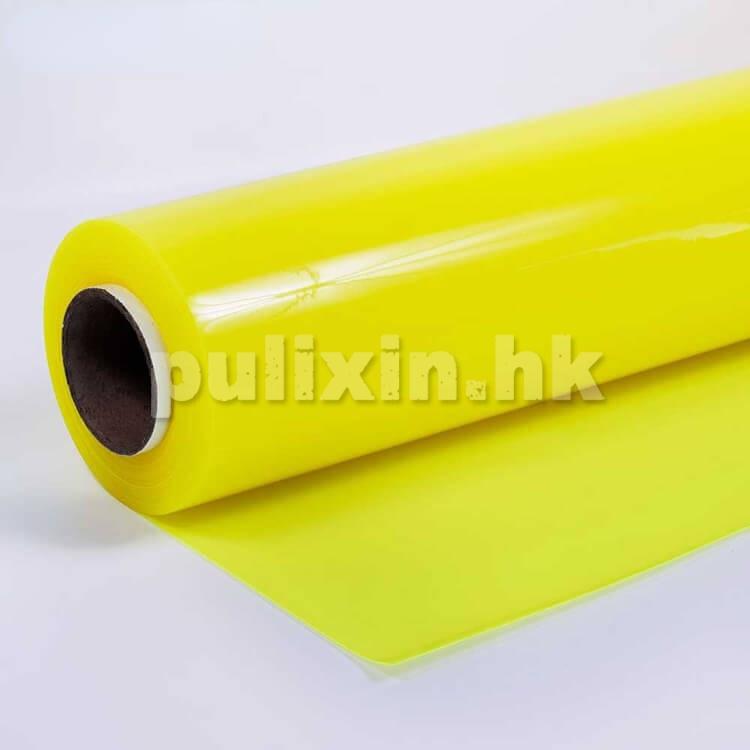
Key Benefits of HIPS Plastic Sheet Rolls for Food Packaging
1. Food Safety & Compliance
HIPS is FDA-approved and meets international food-grade standards, ensuring safe packaging for perishable goods, dairy products, and ready-to-eat meals.
2. Superior Durability & Impact Resistance
Unlike traditional materials, HIPS sheets offer excellent strength, protecting food from damage during transport and storage.
3. Lightweight & Cost-Efficient
HIPS reduces shipping costs while maintaining structural integrity, making it a budget-friendly alternative to heavier materials.
4. Customizable & Versatile
Easily thermoformed into trays, clamshells, or containers, HIPS adapts to diverse packaging needs—from fresh produce to frozen foods.
5. Eco-Friendly Options
Recyclable and often made with post-industrial materials, HIPS supports sustainable packaging goals without compromising performance.
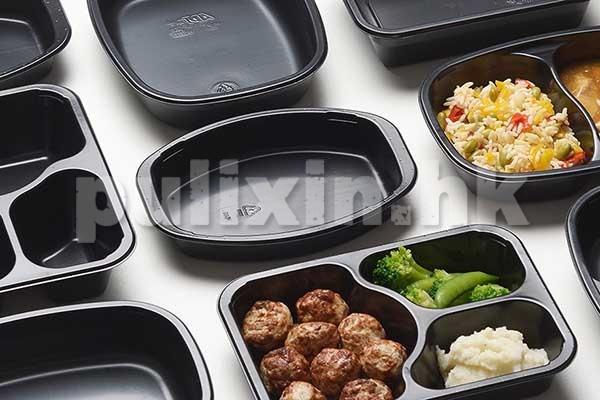
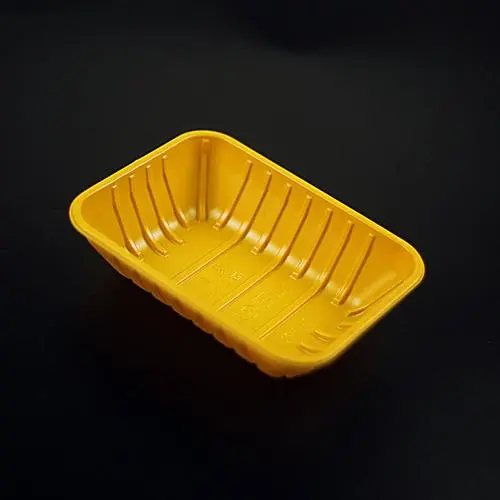
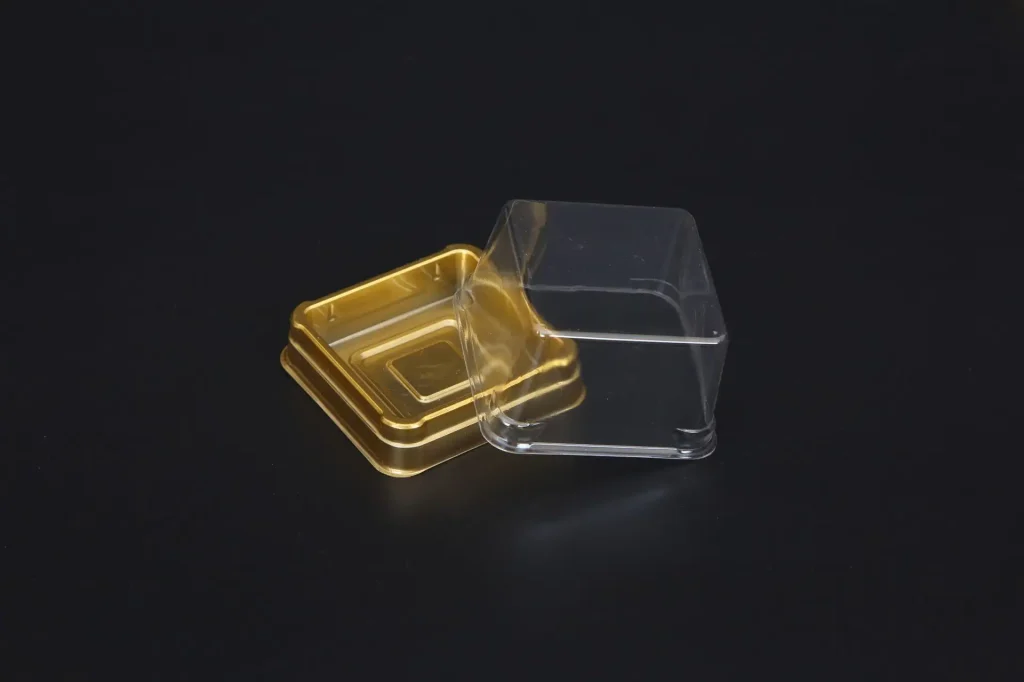
Applications in the Food Industry
Retail Packaging: Bakery boxes, meat trays, and snack containers.
Takeaway Solutions: Sturdy clamshells for restaurants and delivery services.
Industrial Use: Bulk food processing and disposable servingware.
Why Choose HIPS Plastic Sheet Rolls Over Other Materials?
When selecting food packaging materials, High Impact Polystyrene (HIPS) outperforms alternatives like PVC, PET, and PP with these advantages:
- Cost-Effective Strength
HIPS offers superior impact resistance at a lower cost than rigid plastics (e.g., PET), reducing breakage risks without inflating budgets.
- Food-Safe & Compliant
FDA-approved and non-toxic, HIPS is ideal for direct food contact—unlike PVC, which may contain harmful plasticizers.
- Thermoforming Ease
Unlike brittle materials, HIPS molds effortlessly into trays, clamshells, and containers, saving production time vs. complex forming processes for PET.
- Lightweight Yet Durable
Weighs less than alternatives (e.g., glass or PP), cutting shipping costs while maintaining structural integrity for stacking.
- Print-Ready Surface
Accepts high-quality branding prints better than textured or glossy finishes of competing plastics.
- Balanced Sustainability
Recyclable and often made with recycled content, HIPS meets eco-demands better than non-recyclable laminates.
For food packaging that combines safety, durability, and cost efficiency, HIPS is the clear winner.
